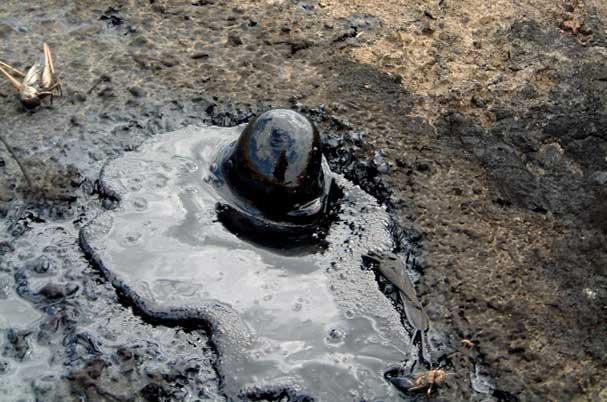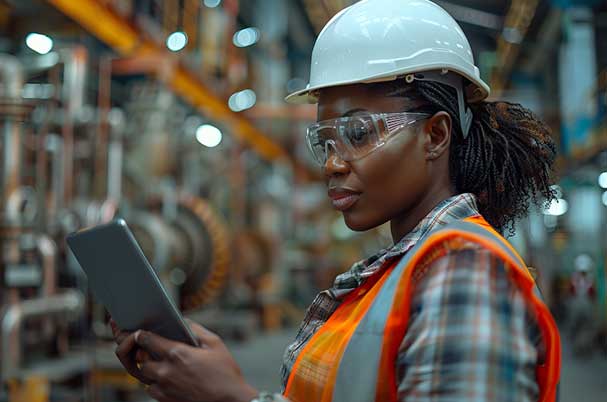Oil Spills occur despite preventive efforts. Oil Spills happen on land and in water, during the day nd at night, under clear skies and in heavy rain. They vary in size, from just a few hundred gallons to the millions of gallons.
Polution Control: Oil and Chemical Spill Response

Polution Control:
Preparing a timely and coordinated response to such emergencies of undefined magnitude that can happen anywhere, at any time and in any kind of weather requires a company that has significant expertise and equipment.
Again varying levels of oil pollution occur daily in our territorial waters from several activities especially within the Lagos, Warri and Port Harcourt FWB (Fair Way Buoy) in the course of Loading and Offloading all types of Petroleum products on Ship to Ship (STS) transfers. This calls for an intensive efficient and effective monitoring, reporting and cleaning all types of hydrocarbon and chemical spills in our waters.
In addition, COLEK will design, develop, conduct and review scenarios for oil spill response exercises, drills and contingency plan, management of contaminated sites, refineries and other petroleum waste generators has become a major environmental issue. The worldwide environmental awareness has corresponded to new laws and regulations governing all aspects of waste storage, treatment and disposal. Bans on the disposal of contaminated soil and petroleum waste in landfills and seas have inspired the development of a permanent solution for this problem.
- Crude oil tanker bottoms and other marine waste
- Tank bottoms
- Drill cuttings
- Polyaromatic hydrocarbon’s (PAH’s)
- Pesticides
- Perchloroethene (PCE)
- Other contaminated materials and waste
- Oily sludge
- Refinery waste
- Contaminated filter cakes
- Polychlorinated biphenyl’s (PCB’s)
- Trichloroethane (TCE)
- Other chlorinated organic compounds

